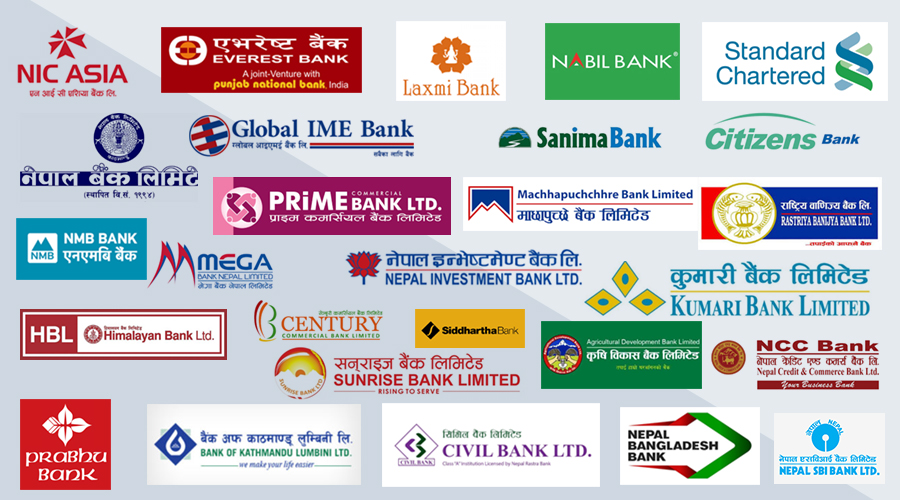KATHMANDU: Institutional investors account for almost one-third of the total NPR 6.615 trillion deposits in Nepal’s banking system, with significant portions locked in fixed deposits, a recent report by Nepal Rastra Bank reveals.
Institutional investors have parked NPR 1.944 trillion in fixed deposits, representing 29.38% of the total banking deposits. Among these, insurance companies hold the largest share, contributing NPR 616.35 billion in fixed deposits, equivalent to 9.5% of the total.
The insurance sector has seen a surge in deposits, increasing its investments in fixed deposits by NPR 14.99 billion in just two months this fiscal year. Over the past five years, their investments in fixed deposits have grown by a staggering 182.56%. Back in the fiscal year 2075/76 (2018/19), insurance companies had NPR 218 billion in such deposits.
Though regulations permit insurance companies to place only 50% of their total investments in fixed deposits, citing a lack of expertise in risk management, they have invested nearly 80% of their funds in these safer instruments. Other institutional investors have also struggled to diversify their investments.
The Employees Provident Fund (EPF) has deposited NPR 181.56 billion in fixed deposits, representing a 3% share of institutional fixed deposits, while the Citizen Investment Trust (CIT) holds 2%, contributing NPR 128.20 billion. In the past two months alone, the CIT has increased its fixed deposits by NPR 3.80 billion.
In addition to insurance companies, government institutions hold 5% of total deposits, while non-governmental organizations account for 6.5%, according to the central bank’s data.
Despite the growing funds in banks, institutional investors have voiced concerns over unclear government policies that limit their ability to invest in other sectors. Former Executive Director of Nepal Rastra Bank, Nar Bahadur Thapa, said the government has failed to create investment instruments for institutional investors, leaving them with no choice but to rely on fixed deposits.
“The economy is slow. The state lacks a budget to push investment through new projects. Upper Tamakoshi was completed with institutional funds, but similar projects have not been initiated since,” Thapa stated.
Without innovative projects to spur economic growth, large institutional investors, such as the EPF and CIT, remain unable to diversify their investments, leaving a significant portion of their funds in low-risk fixed deposits. Thapa also warned that the lack of alternative investments could hinder long-term economic growth if the government fails to act soon.
The Employees Provident Fund spokesperson, Damodar Prasad Subedi, echoed the sentiment, saying that without government guarantees on safe investments, institutional investors are limited in diversifying their portfolios. He called on the government to take steps toward launching secure projects, which would allow funds like EPF to invest more aggressively.
As Nepal’s economic slowdown persists, the pressure mounts on both the government and institutional investors to find alternative avenues for investment that can boost the country’s economic health and foster long-term financial stability.

